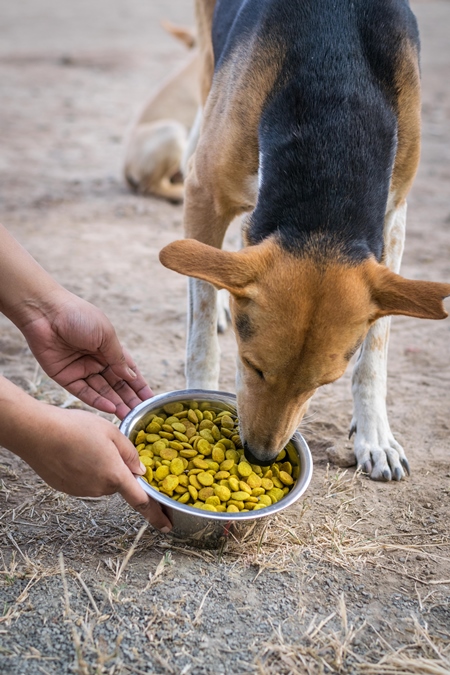The global education development agenda reflected in the Goal 4 (SDG4) of the 2030 Agenda for Sustainable Development, adopted by India in 2015 – seeks to “ensure inclusive and equitable quality education and promote lifelong learning opportunities for all” by 2030. The NEP further states that education must build character, enable learners to be ethical, rational, compassionate, and caring, while at the same time prepare them for gainful, fulfilling employment.
The Aloha Ahimsa Foundation is an institution that aims to promote animal welfare and sustainable living through outreach and educational initiatives that are aimed to bring quality education with free access to one and all, ensuring that the education imparted in the best institutions in the country is imparted at no cost via social media to those with the need and the will to learn but are without the means to pay for it in currency.
At the Aloha Ahimsa Foundation, we firmly believe that it is time to stop harming animals in the name of convenience and to stop wrecking the planet, which is the only home we know. Therefore, the payment method accepted from students at Aloha Ahimsa includes acts of kindness and compassion in return for information or knowledge that is useful to them. All that one is expected to do upon learning something that is useful to them or makes an impact on them is to pay it forward with acts of kindness to those less privileged than them and post pictures/comments describing these actions – these could acts of kindness towards humans who are less privileged that they are in some aspect, or perhaps more importantly, acts of compassion towards animals, trees or towards the planet in general.
We believe that the time for good people to perform compassionate actions quietly is past us and that it is the need of the hour to engage in compassionate actions and inspire others with these actions. Therefore, we expect our learners to talk about or post pictures of their compassionate/responsible actions, so that others are encouraged to act as well.













